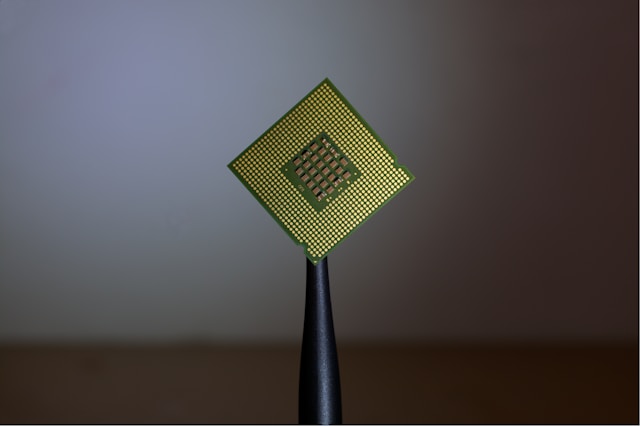 POLICY
POLICY
 POLICY
POLICY
 POLICY
POLICY
The Trump administration is planning to overhaul regulations set by the Biden administration that would limit how many artificial intelligence chips countries can purchase from the U.S.
The regulations, which were to go into effect May 15, were designed to limit AI advancement in certain nations – “non-trusted actors” – with an emphasis on ensuring those chips don’t get to China. Called “AI Diffusion,” the regulation was controversial.
AI chip giant Nvidia Corp. called the move “unprecedented and misguided.” Microsoft Corp. and Oracle Corp. were also not enamored with the rule, saying it would hamper business opportunities abroad without reaching its intended goal: hurting China.
“The Biden AI rule is overly complex, overly bureaucratic, and would stymie American innovation,” a spokesperson for the Commerce Department said today. “We will be replacing it with a much simpler rule that unleashes American innovation and ensures American AI dominance.”
The news will come as a boon for Nvidia and other U.S. tech firms whose business depends on fluid chip sales to other countries. No sooner than the plan was announced, Nvidia’s stocks rose 3%, but later dipped to 0.7%. The company will still face tight export controls, as evident in the $5.5 billion charge it was hit with for selling advanced chips to China.
“We welcome the Administration’s leadership and new direction on AI policy,” an Nvidia spokesperson said today. “With the AI Diffusion Rule revoked, America will have a once-in-a-generation opportunity to lead the next industrial revolution and create high-paying U.S. jobs, build new U.S.-supplied infrastructure, and alleviate the trade deficit.”
The Commerce Department explained that the tiered rule could be scrapped altogether, calling it “unenforceable.” It would have put 17 countries in the first tier, which would be able to receive an unlimited number of chips. In the second tier were 120 nations that would each receive a cap on chip imports. Tier three countries — China, Russia, Iran and North Korea — were to be blocked completely.
It’s reported that the current administration is considering replacing this with individual agreements between each nation, while introducing a global licensing regime. There will be upcoming trade talks in which countries can bargain for better tariffs if they agree to keep chip restrictions.
Support our mission to keep content open and free by engaging with theCUBE community. Join theCUBE’s Alumni Trust Network, where technology leaders connect, share intelligence and create opportunities.
Founded by tech visionaries John Furrier and Dave Vellante, SiliconANGLE Media has built a dynamic ecosystem of industry-leading digital media brands that reach 15+ million elite tech professionals. Our new proprietary theCUBE AI Video Cloud is breaking ground in audience interaction, leveraging theCUBEai.com neural network to help technology companies make data-driven decisions and stay at the forefront of industry conversations.